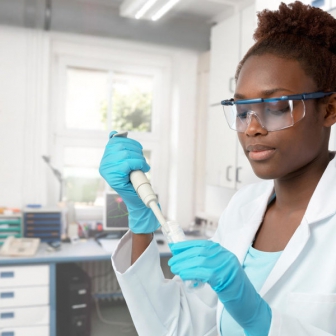×
The Standard e-Paper
Stay Informed, Even Offline

A team of Kenyan and foreign scientists has successfully tested what they describe as an effective ovary transplant technology in Nairobi.
This is described as the first ovarian tissue transplant in the world without using the normally highly toxic anti-organ rejection drugs.